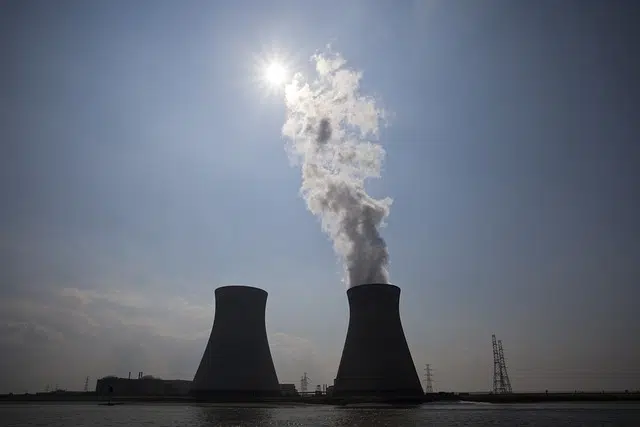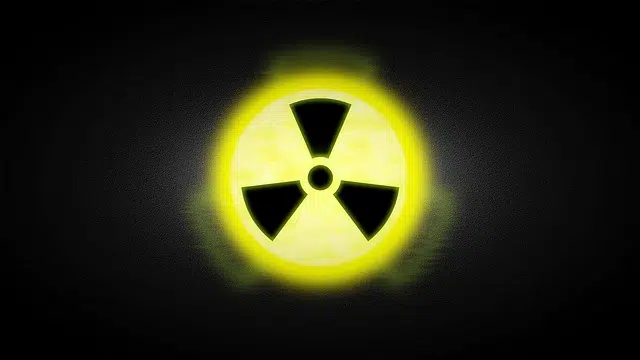
For the proper functioning of a nuclear reactor, the chain reactions need to be in a critical state.
Criticality is the condition or state of criticality . The adjective critical, meanwhile, has several uses: it can refer to a lot of seriousness; to a crisis; or an opportunity, to mention a few possibilities.
When, in a chain reaction , said reaction becomes self-sustaining , it is in a state of criticality . This implies the intervention of what, in the field of physics , is called critical mass .
The smallest amount of material needed to sustain a nuclear chain reaction is called critical mass. This mass depends on multiple factors, such as nuclear and physical characteristics, shape, etc. With critical mass, the reaction reaches criticality.
Criticality in nuclear reactors
It is important to note that criticality must be present in a nuclear reactor for it to operate normally. The reactors manage to reach criticality if, in each of the fission events, they manage to release enough neutrons so that the series of chain reactions that are developing do not break.
When a nuclear reactor becomes critical for the first time, the first criticality date of the equipment in question is established. Nuclear plants, therefore, record this date as a milestone in their history .

Criticality accidents are very dangerous.
The accidents
On the other hand, the accidental increase that occurs in nuclear chain reactions is called a criticality accident . This situation causes intense neutron radiation to be generated that endangers human beings and causes induced radioactivity in the area.
Other names by which the criticality accident is known are power excursion or simply excursion . The material in which this phenomenon can take place must be fissile , that is, its nucleus must be able to divide into lighter ones with free neutrons of any energy; Some common examples are plutonium and enriched uranium.
After a criticality accident, a wave of very dangerous ionizing radiation is seen, since free neutrons are released. Although people in the vicinity of the accident run a certain risk, it is necessary to clarify that the problem cannot be compared to an explosive such as a nuclear fission weapon , so there is a good chance of leaving unscathed, especially for those who are a certain distance from the event.
Causes and types of criticality accidents
The cause of the criticality accident is the concentration of fissile material in an excessive amount in the same place. Given that the degree of complexity of the calculations to predict this type of events is very high, the facilities in which fissile materials are worked must have criticality officers , personnel who receive specific training to carry out monitoring of the fissile materials. activities with the objective of preventing accidents.
Going deeper into technical issues, it is possible to identify two types of criticality accidents, which are briefly defined below:
* process : are those in which the controls that are installed to prevent criticality suffer some type of manipulation;
* reactor : it is produced in a nuclear reactor and is impossible to control.
The concept in psychology
In the field of psychology, on the other hand, we speak of criticality to define the capacity of the human being to consciously make true statements, knowing the reason that leads him to make them and the limit that they present.
In other words, criticality can be defined as the phase of our mental processes in which objectivity and subjectivity meet , giving rise to the questioning of the reality in which we contextualize ourselves.
